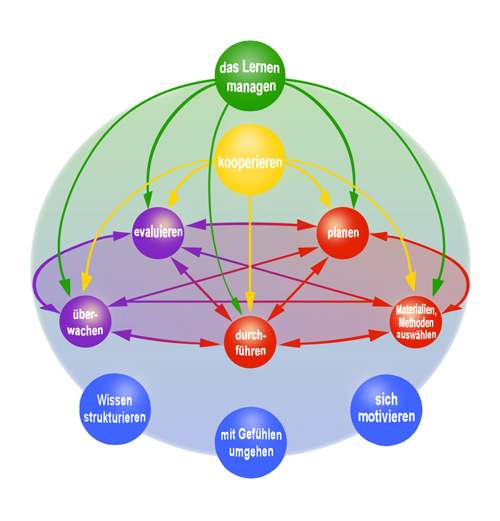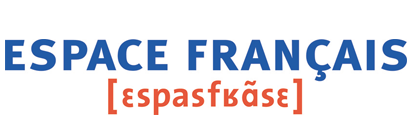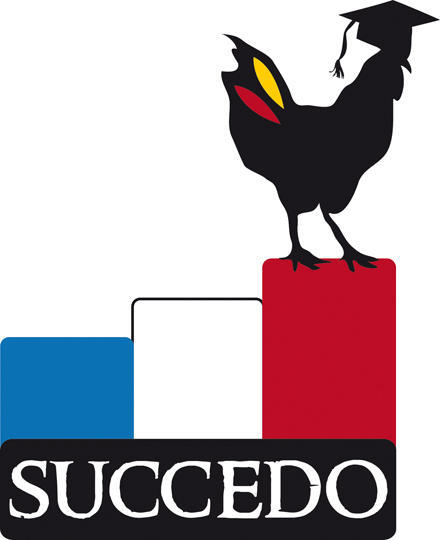Tips for Learning in Tandem
Time
Set a time frame for your tandem meetings and stick with it. Meet at least two hours per week throughout the whole semester. This guarantees continuity and at least one weekly hour of language practice for each of you.
Place
Choose a neutral, tranquil environment (not necessarily your home) to learn. Consider your learning goals when choosing a place for your meetings and bring the documents you would like to work on.
For your meetings with your tandem partner you are welcome to come to the Centre for Independent Language Learning and to use our resources.Goals
Set goals for your tandem partnership and pursue them with determination. Reflect after each meeting on how far it contributed to reach your goals.
Roles within a Tandem Partnership
- Devote the same amount of time to each language.
- Listen to your tandem partner and respect their needs even if their learning methods are different from yours.
- Give each other feedback.
- Ask your tandem partner for help if you need some.
- Be proactive and introduce each other to learning materials.
Methods / Approaches
- Try different learning tasks (for example discussing a newspaper article, making a short oral presentation, learning vocabulary from a text, listening to a song, reading literature, watching videos…).
- Choose tasks appropriate to your language competences. Use the resources at the Centre for Independent Language Learning and the tandem links.
- Reflect how effective and/or motivating the different tasks were, and if necessary, disucss alternatives. Use the tandem diary (in German), if you wish.
- If you are a beginner, read these suggestions for tandem with A1 level (in German).
Topics
Pick topics that allow you to pursue your learning goals and that you personally find interesting. A few ideas:
- pending issues from your language course or other lectures / seminars
- newspaper articles, podcasts, videos
- language-related questions related to your projects (for example travels, work, presentations…)
- cultural and intercultural topics (see the learning tip Interkulturelle Kommunikation, in German only)
Peer-feedback
- Discuss how and when you want to correct each other (for example, which mistakes, how often…).
- Be patient and allow your tandem partner enough time to correct herself / himself or to look for a formulation.
- Repeat incorrect sentences correctly (teacher echo).
- Take notes of mistakes and discuss them at the end of a session.
- Record yourselves with a voice recorder and listen to the recording together.
- Think of learning tips for your tandem partner if you notice specific errors (for example, explain a rule).
- You will find more ideas in the learning tip Feedback geben und Fehler korrigieren im Tandem (in German only).
Learning Resources
- newspapers
- fictional / non-fictional / specialist texts
- letters or e-mails
- grammar: theory and exercises
- podcasts or videos
- materials from language courses or other lectures / seminars
- language learning materials at the SLZ
- voice recorder or mobile phone to record each other
Further Sources for help
At the SLZ
- more ideas and exercises in the tandem folder
- tandem workshops
-
Sprachlernberatung - Language advising service
Online-Resources
- Lernen zu lernen (Learning to learn) on our website (in German)
- our links for learning in tandem
- tandem worksheets for several languages: www.seagull-tandem.eu/material/
- Assistance for Tandem from A1 level
- further tips for learning in tandem from the SEAGULL project
If you have further questions, please contact us at tandem@sprachenzentrum.fu-berlin.de.
Enjoy your tandem experience!



